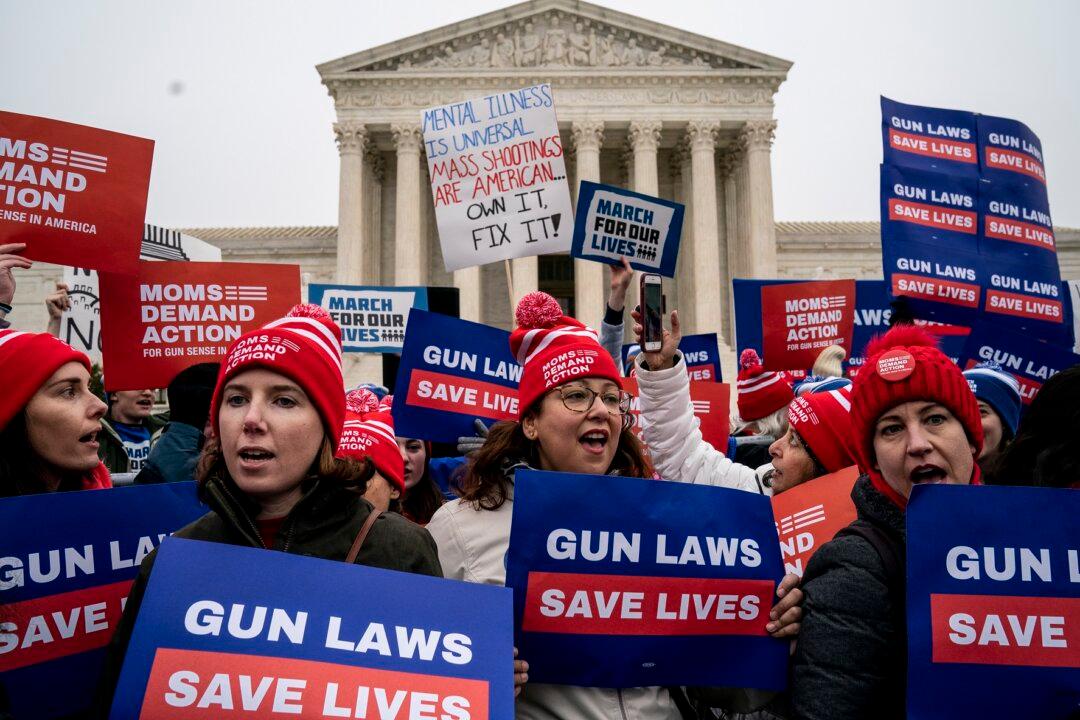The Senate Judiciary Committee heard from both sides of the gun control debate in a hearing to preserve public safety in light of the Supreme Court’s decision in New York State Rifle and Pistol Association v. Bruen. In that case, the court struck down a New York state law that made it difficult to obtain a concealed weapon permit.
Under Bruen, courts must consider the text of a law and the history of firearms regulation. Before Bruen, courts used a “history and means-end scrutiny” test to consider the law in light of Constitutional principles and the current issues and circumstances.





